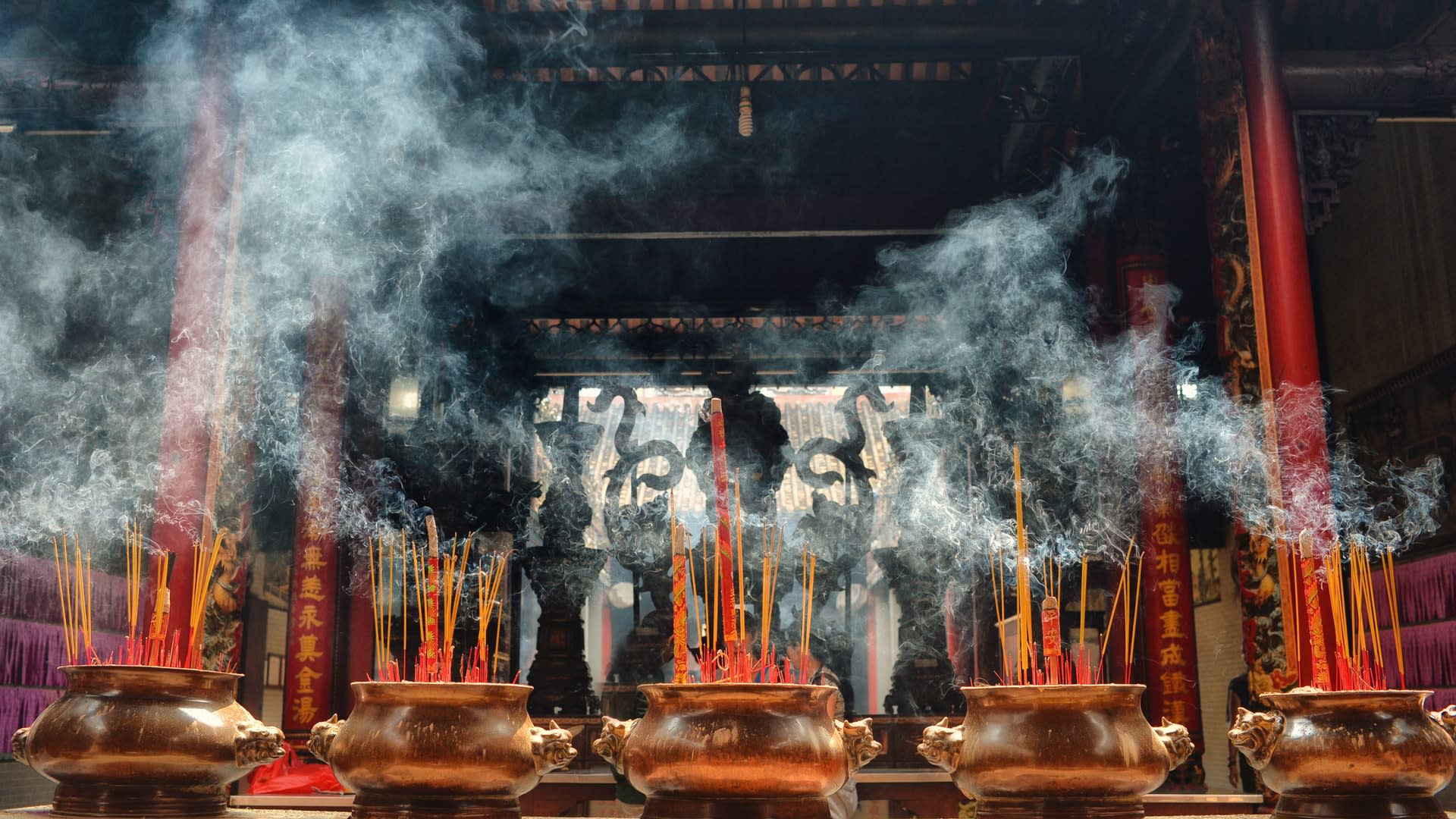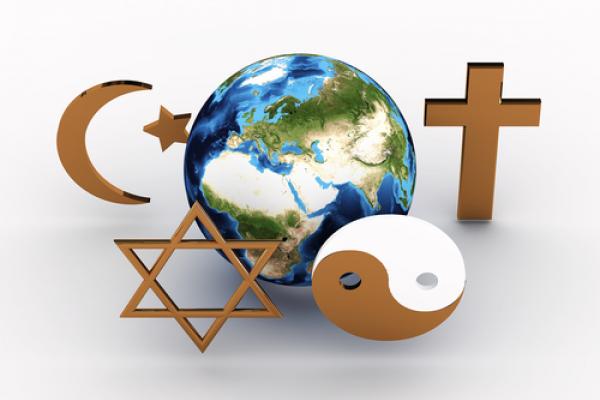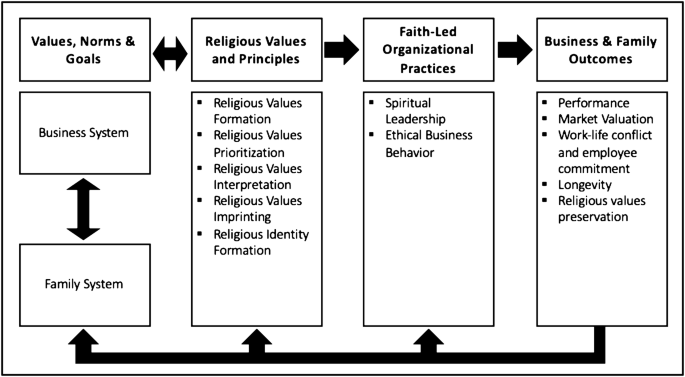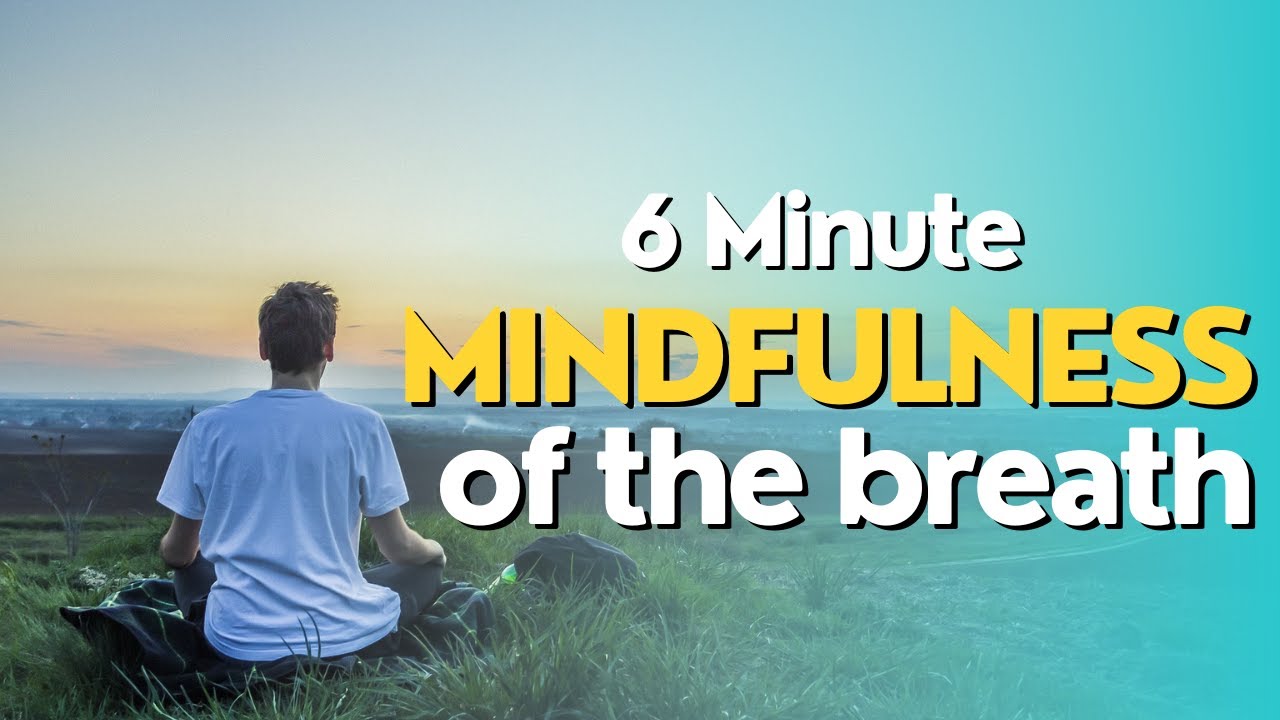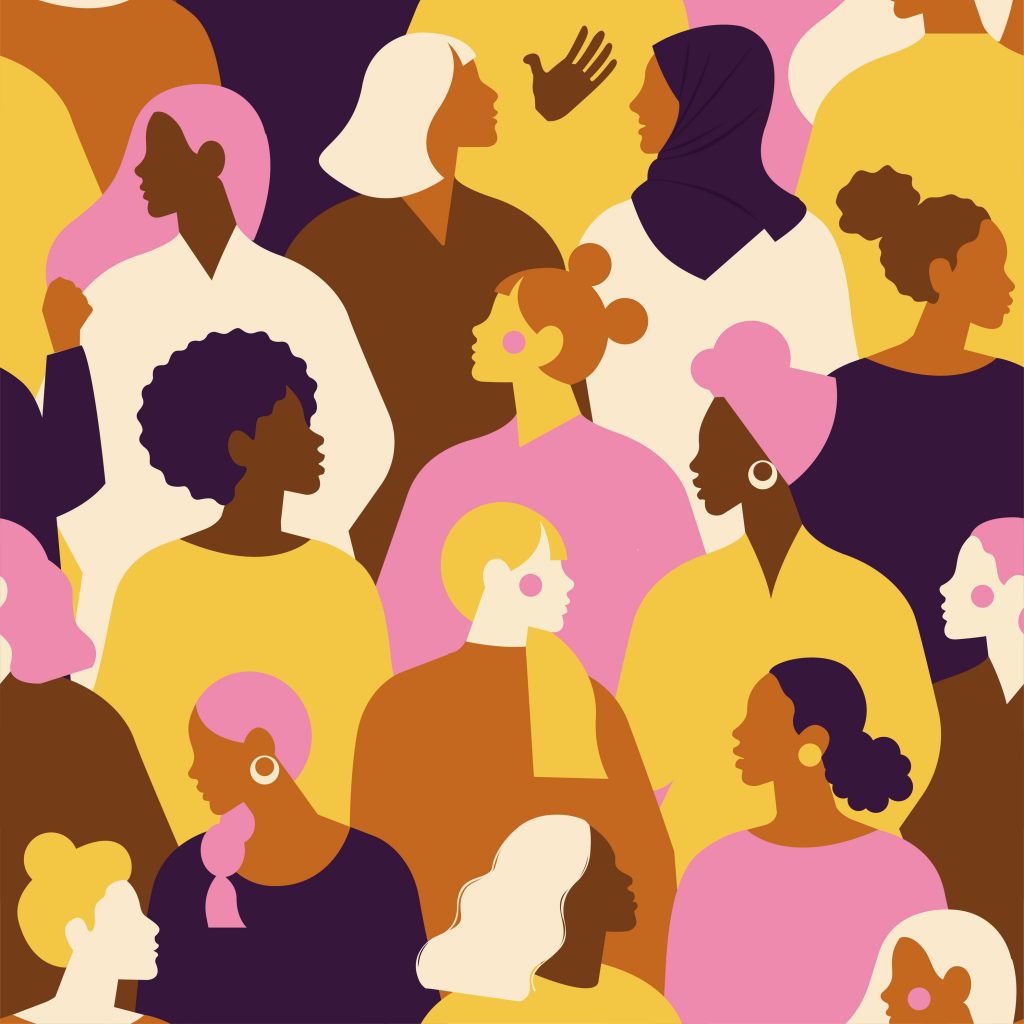Title: Exploring the Meaning Behind Religious Rituals and Ceremonies: A Guide to Deepen Your Understanding
Introduction:
Religious rituals and ceremonies have been an integral part of human culture for centuries, serving as a means to connect with the divine and express one’s faith. These ancient practices, filled with symbolism and tradition, hold great significance within various religious traditions. In this blog post, we delve into the profound meaning behind religious rituals and ceremonies, shedding light on their purpose, symbolism, and how they contribute to the spiritual journey of believers.
1. Understanding the Purpose of Religious Rituals:
Religious rituals serve several purposes, which may include:
– Establishing sacred space and time
– Strengthening the bond between individuals and the divine
– Marking significant life events and transitions
– Reinforcing communal identity and cohesion
2. Symbolism and Symbolic Actions:
Symbolism plays a vital role in religious rituals, conveying deeper meanings beyond the surface actions. Explore the symbolism behind common elements like:
– Water: purification, renewal, and spiritual cleansing
– Fire: transformation, purification, and divine presence
– Incense: symbolic prayers rising to the heavens
– Candles: light as a metaphor for spiritual illumination
Understanding these symbols helps believers to engage more consciously and meaningfully in their religious practices.
3. The Role of Ceremony in Rituals:
Ceremonies elevate religious rituals, infusing them with heightened meaning and emotional depth. They often involve collective participation and include elements such as:
– Chanting or recitation of sacred texts
– Processions or pilgrimages
– Blessings or anointing with sacred substances
– Sacrifices or offerings
These ceremonial elements bring individuals together, fostering a sense of shared spirituality and reinforcing the communal nature of religious practices.
4. Connection to Tradition and Heritage:
Religious rituals and ceremonies are steeped in tradition, passed down through generations. They serve as a link to the past and connect believers to their cultural heritage. Exploring the historical context and evolution of these practices can provide deeper insights into their significance and relevance in the present day.
5. Rituals and Personal Transformation:
Beyond their communal aspects, religious rituals can have a profound impact on individual believers, promoting personal and spiritual growth. By actively engaging in the rituals and ceremonies of their faith, individuals can experience a sense of transcendence, inner peace, and a deepening of their connection to the divine.
Conclusion:
Religious rituals and ceremonies are not mere formalities but rather transformative experiences that help believers connect with their faith on a profound level. By understanding the purpose, symbolism, and history behind these practices, individuals can engage more fully and derive greater value from their religious rituals. Whether it’s a baptism, a wedding ceremony, or a meditative practice, each ritual carries its own significance and offers a unique opportunity for spiritual growth. Embrace the richness of your religious traditions and embark on a journey of self-discovery through these age-old practices.
Remember, the true value lies in the sincerity and intention with which you participate in religious rituals, allowing them to guide you towards a deeper understanding of your faith and yourself.
[Disclaimer: Religious practices vary widely across different traditions, and the experiences and meanings discussed in this blog post may not fully represent all religious rituals and ceremonies.]







